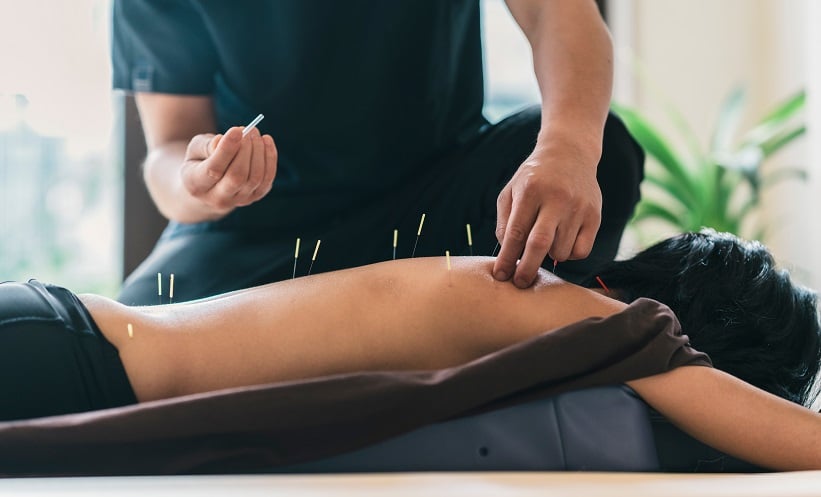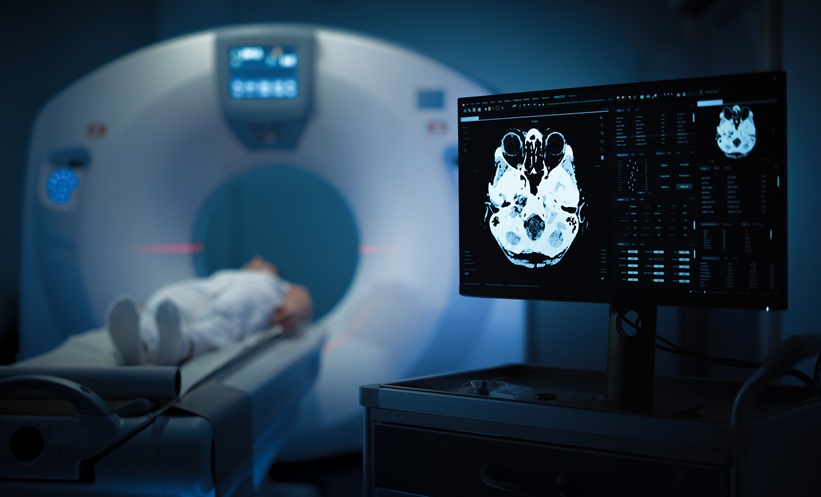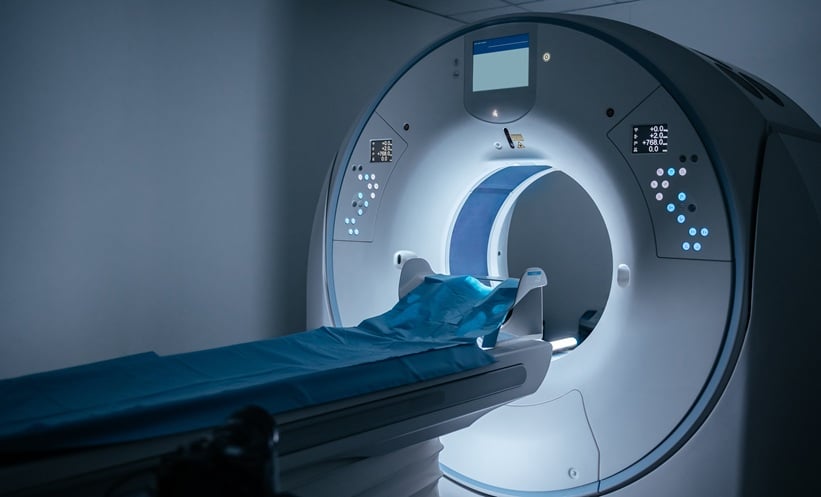MILD traumatic brain injury (mTBI) accounts for up to 90% of all traumatic brain injuries and frequently leads to persistent postconcussion syndrome (PCS), a condition marked by headaches, dizziness, and cognitive difficulties. Despite its prevalence, there is no universally effective treatment for PCS, partly due to its clinical variability. Acupuncture, a low-risk intervention with few side effects, has gained interest as a potential therapeutic option. In a recent study, researchers evaluated the effectiveness of acupuncture in alleviating acute PCS symptoms and its potential to support long-term neurological recovery. Notably, participants receiving verum acupuncture showed significantly greater symptom relief and improved brain imaging outcomes compared to control groups.
The prospective, randomised controlled trial was conducted between August 2016 and September 2020. Sixty-six adults with mTBI were enrolled and randomly assigned to one of three groups: verum acupuncture, sham acupuncture, or a waiting-list control. Participants in the acupuncture groups received 14 treatment sessions over four weeks. PCS symptoms were assessed at baseline, immediately after treatment, and again at 6–12-month follow-up. MRI scans were performed at the start and end of treatment, with healthy controls also scanned twice to provide comparative imaging data. Repeated-measures analysis of variance was used to determine changes in PCS scores and neuroimaging markers.
Participants who received verum acupuncture reported a statistically significant reduction in PCS symptoms after treatment (-5.2±6.9; p=0.002), an effect that remained stable or improved at long-term follow-up (-8.1±8.6; p<0.001). No significant improvements were observed in either the sham or waiting-list groups (p>0.05). MRI data revealed increased fractional anisotropy (a marker of white matter integrity) in the right posterior corona radiata among the verum acupuncture group, with improvements strongly correlated to sustained symptom relief (r=0.723; p<0.001).
These findings suggest that acupuncture may offer meaningful symptom relief for patients with PCS following mTBI, with potential neurobiological underpinnings detectable on imaging. While encouraging, the study has limitations, including a modest sample size and a relatively short intervention period. Nonetheless, the results support the integration of acupuncture into clinical practice as a non-invasive, low-risk treatment for selected patients, particularly when conventional therapies provide limited benefit.
Reference
Wang ZN et al. Acupuncture Improves MRI Brain Microstructure with Postconcussion Symptoms in Mild TBI: A Randomized Controlled Trial. Radiology. 2025;316(1):e250315.








